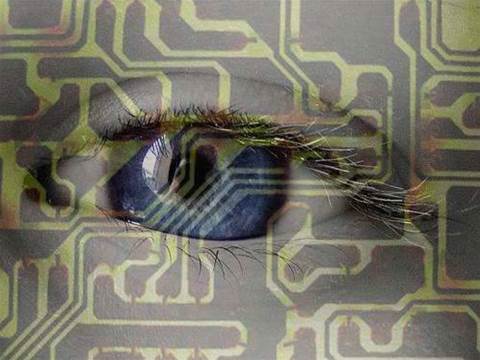Nate Cochrane, SC Magazine: In the Antarctic Treaty, it was decided this area was too precious in which to fight. But it would be obvious there’s a war going on, there’s no deniability in that battlefield. Should there be a treaty denying weaponisation or militarisation of cyberspace and does the deniability of fighting a war online make such a treaty almost impossible to police?
MS: The 1648 Treaty of Westphalia agreed that wars will be conducted between nations. Since then, we’ve had three generations of warfare. The first was the Napoleonic Wars; second gen took us to WWI. Fourth-gen warfare says we go back to a pre-Westphalia era, such as terrorism. Does the internet optimise fourth-generation warfare, can you have stateless actors who don’t belong to the military, conducting themselves as though they are the same as a nation? I think that’s where we’re going. It could be individuals, clubs, terrorist groups. Nations with militaries will have no role to play.
HN: Or their role might be to blend in with the rabble-rousers.
MS: Their role will be to find relevance and continue to say, “Me too, me too, cyber warfare includes us” but it doesn’t.
GI: But don’t you also think at the moment one of the focuses of the military defence and national security is to secure the internet?
MS: So that it can still belong to the countries, to end up a third-gen Westphalia war. They don’t want to give it up to a fourth generation stateless war.
TS: To secure economic viability, our right to speech, vote, choice, all that sort of stuff, you have to secure the national security elements.
GI: National security doesn’t usually involve outsiders – how do you have that approach when what you’re securing is not owned by government but it now says those ugly, dirty things that enterprise are running, you are responsible for securing those for national security.
TS: When I was in the DSD a government agency I put on a pedestal had three in their IT security team: two in HR and a passionate CIO with the ear of the department secretary.
NC: Brendan’s our banking expert here – how does it work in your shop?
BG: I’m interested in this theory any government agency keeps the service pure for its intention. I don’t buy that argument from what we’re seeing. GovCERT, AusCERT, there are services out there to provide information but there’s a conflict of interest between DSD, the US agencies and their strong desire to take an offensive stance against the likes of Wikileaks and the information they published. I’m yet to see the information and support coming from those agencies that says we’re about keeping this service pure and protected, rather than we’re serving the national interest first.
KP: It’s about control. Cyber warfare is an overdone term used by a very few. I see parallels to the Cold War where we had to invent the Gulf of Tonkin incident. You see Verizon working with the US Government so that you can [eavesdrop] any conversation and that's scary.
AM: We’re talking as if the nation state is the evil one, and can I say the corporates haven’t always stood or walked in lightness themselves. So there is a role to play for good government.
TS: The Attorney-General and CERT Australia has a pittance compared to Defence and they’re out there engaging with industry and with the public. The Department of Broadband Communications has no funding and they’re the ones who touch the people in Australia.




.jpg&h=142&w=230&c=1&s=1)
_(21).jpg&h=142&w=230&c=1&s=1)
.png&h=142&w=230&c=1&s=1)





.jpg&w=100&c=1&s=0)
_(8).jpg&w=100&c=1&s=0)











